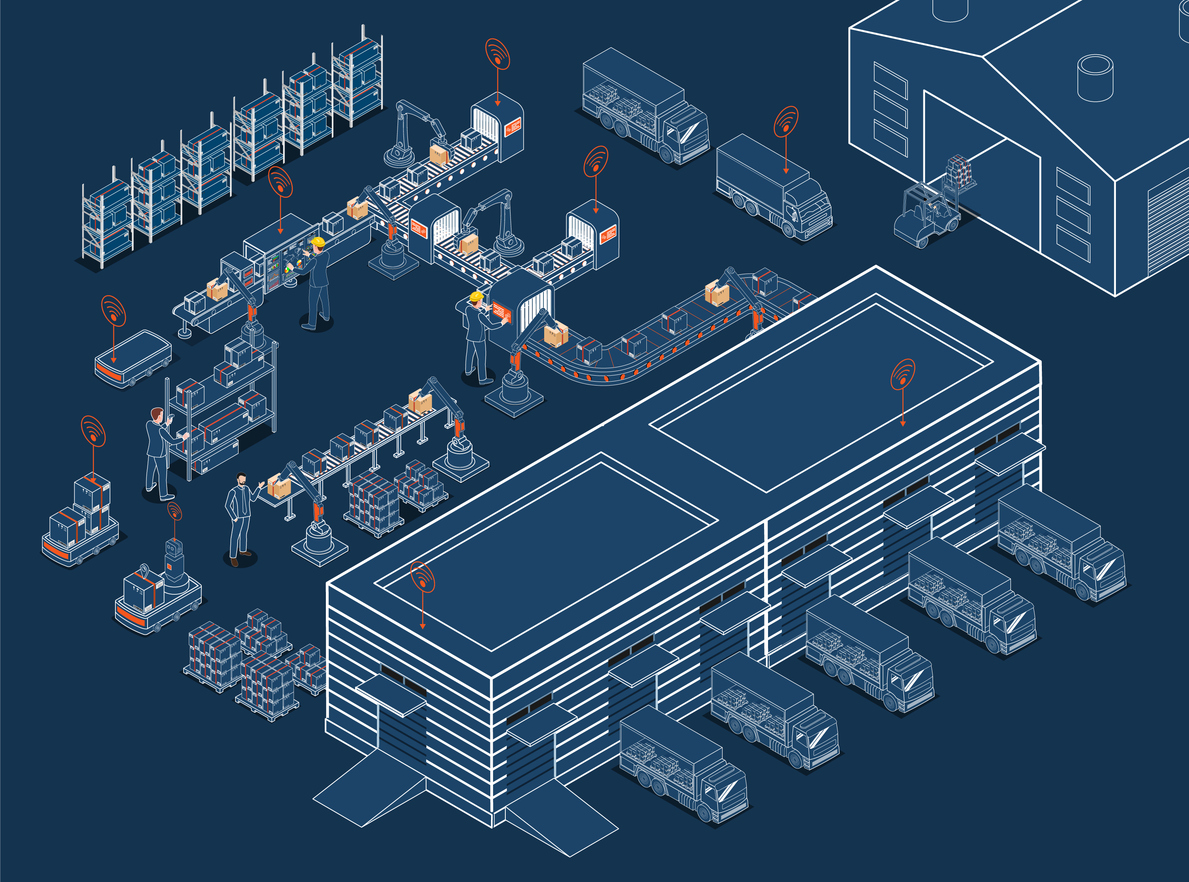Reverse Logistics Centers: Enhancing Sustainability and Efficiency in Supply Chains
A Reverse Logistics Center (RLC) is a specialized facility focused on the management and processing of returned goods, recycling, refurbishment, and waste disposal. As businesses strive to improve sustainability and efficiency, reverse logistics centers play a crucial role in minimizing waste, recovering value from returned products, and ensuring environmentally responsible disposal practices. This article explores the functions of reverse logistics centers, their benefits, and how they contribute to a sustainable supply chain.
What is a Reverse Logistics Center?
A Reverse Logistics Center is a facility dedicated to handling the reverse flow of goods, from the point of consumption back to the point of origin or disposal. These centers manage a variety of processes, including product returns, repairs, recycling, and disposal, with the goal of recovering value and reducing environmental impact.
Key Functions of Reverse Logistics Centers:
- Product Returns Management: Handling and processing returns from customers, including restocking, refurbishing, or recycling products.
- Recycling and Disposal: Responsible for recycling materials such as electronics, plastics, and packaging, as well as safely disposing of hazardous waste.
- Refurbishment and Repair: Refurbishing and repairing returned or defective products for resale or reuse, reducing waste and recovering value.
- Inventory Recovery: Reintegrating returned products into inventory or channeling them through secondary markets.
Benefits of Reverse Logistics Centers
1. Environmental Sustainability
- Waste Reduction: Reverse logistics centers play a vital role in reducing waste by recycling and refurbishing returned products, thus extending their lifecycle and reducing the need for new raw materials.
- Energy Efficiency: By processing returns and recycling materials locally, reverse logistics centers can reduce the carbon footprint associated with long-distance transportation and disposal.
2. Cost Savings
- Resource Recovery: Recovering valuable materials and components from returned products can reduce the costs associated with raw material procurement and manufacturing.
- Lower Disposal Costs: Effective recycling and waste management practices can lower the costs related to landfill use and hazardous waste disposal.
3. Improved Customer Satisfaction
- Efficient Returns Processing: A well-managed reverse logistics center can streamline the returns process, leading to faster refunds or exchanges and improving customer satisfaction.
- Product Recalls: In the event of a product recall, reverse logistics centers can efficiently handle the retrieval and processing of affected items, ensuring compliance and protecting brand reputation.
4. Regulatory Compliance
- Hazardous Waste Management: Reverse logistics centers ensure that hazardous materials are handled and disposed of in compliance with environmental regulations, reducing the risk of fines and legal issues.
- Data Security: For electronics and other sensitive products, reverse logistics centers can manage secure data destruction to protect customer information.
Applications of Reverse Logistics Centers
1. E-Commerce and Retail
- Return Management: Reverse logistics centers are essential for e-commerce businesses, where return rates are typically higher. These centers handle returns efficiently, ensuring that products are restocked, refurbished, or recycled as needed.
- Customer Returns: Retailers use reverse logistics centers to manage customer returns, optimizing the process to recover value and reduce waste.
2. Electronics and IT
- E-Waste Recycling: Reverse logistics centers specialize in the recycling and disposal of electronic waste (e-waste), recovering valuable materials such as metals and plastics while ensuring environmentally responsible disposal.
- Product Refurbishment: Electronics manufacturers and retailers use reverse logistics centers to refurbish returned or outdated products, extending their lifecycle and reducing environmental impact.
3. Automotive Industry
- Parts Reclamation: In the automotive industry, reverse logistics centers handle the recovery and refurbishment of parts, reducing the need for new components and supporting sustainability efforts.
- Core Returns: Automotive manufacturers rely on reverse logistics centers to manage the return of core parts, which can be remanufactured and reused.
Implementing a Reverse Logistics Center
1. Assess Reverse Logistics Needs
- Volume of Returns: Determine the volume and types of returns your business handles to assess the scale and scope of the reverse logistics center needed.
- Regulatory Requirements: Identify any regulatory requirements for recycling, waste disposal, and hazardous materials handling that apply to your industry.
2. Design Efficient Processes
- Streamline Returns: Develop processes that streamline the handling, sorting, and processing of returns to reduce turnaround times and improve efficiency.
- Automate Where Possible: Implement technology solutions, such as warehouse management systems (WMS) and automated sorting, to optimize reverse logistics operations.
3. Partner with Experts
- Logistics Providers: Consider partnering with third-party logistics providers (3PLs) that specialize in reverse logistics to leverage their expertise and infrastructure.
- Recycling and Disposal Services: Work with certified recycling and disposal services to ensure compliance and environmental responsibility.
Conclusion
Reverse logistics centers are an essential component of modern supply chains, offering significant benefits in terms of sustainability, cost savings, and customer satisfaction. By effectively managing returns, recycling, and waste, these centers help businesses recover value from products while minimizing their environmental impact.
At Wigmore Trading, we provide solutions to help businesses implement and optimize reverse logistics operations. Contact us today to learn more about how we can support your sustainability and efficiency goals.
Get in Touch:
Looking to optimize your reverse logistics operations? Contact Wigmore Trading for expert advice and comprehensive solutions. Visit our website, email, or call us to explore how we can help you set up and manage a reverse logistics center.








Comments are closed.